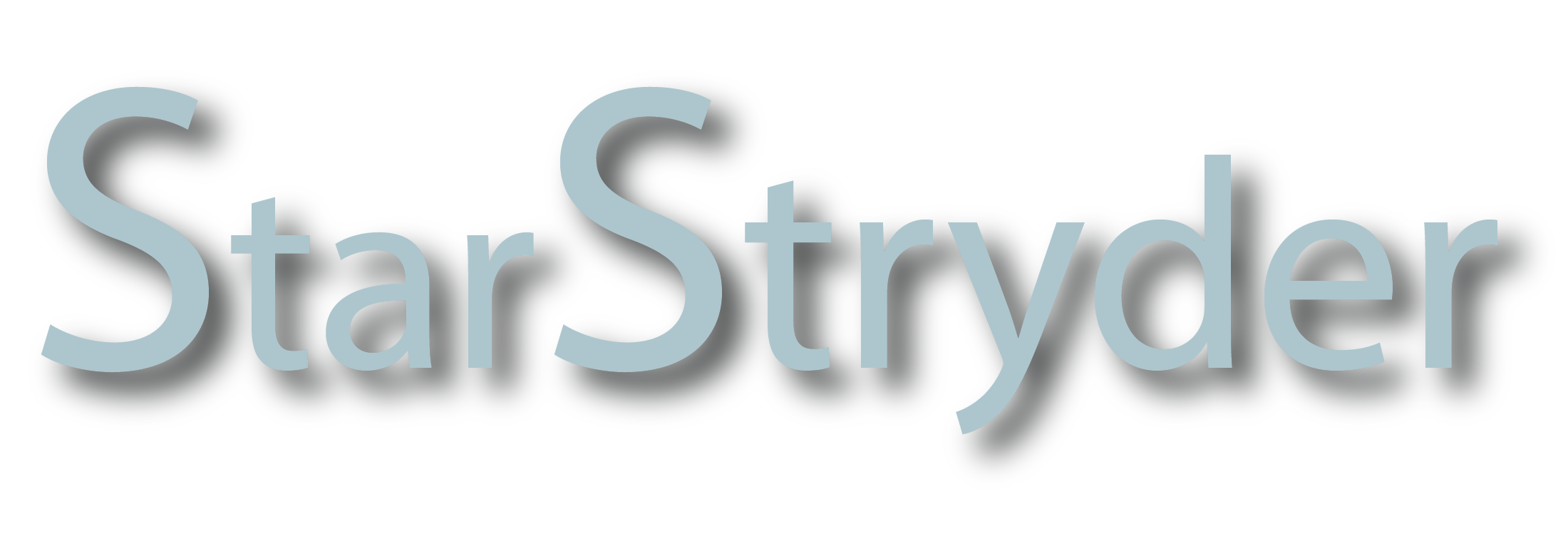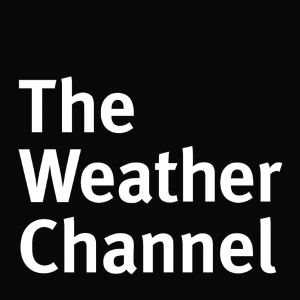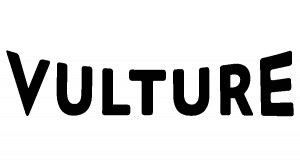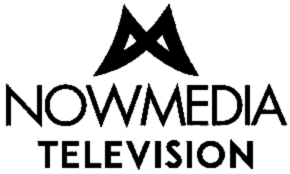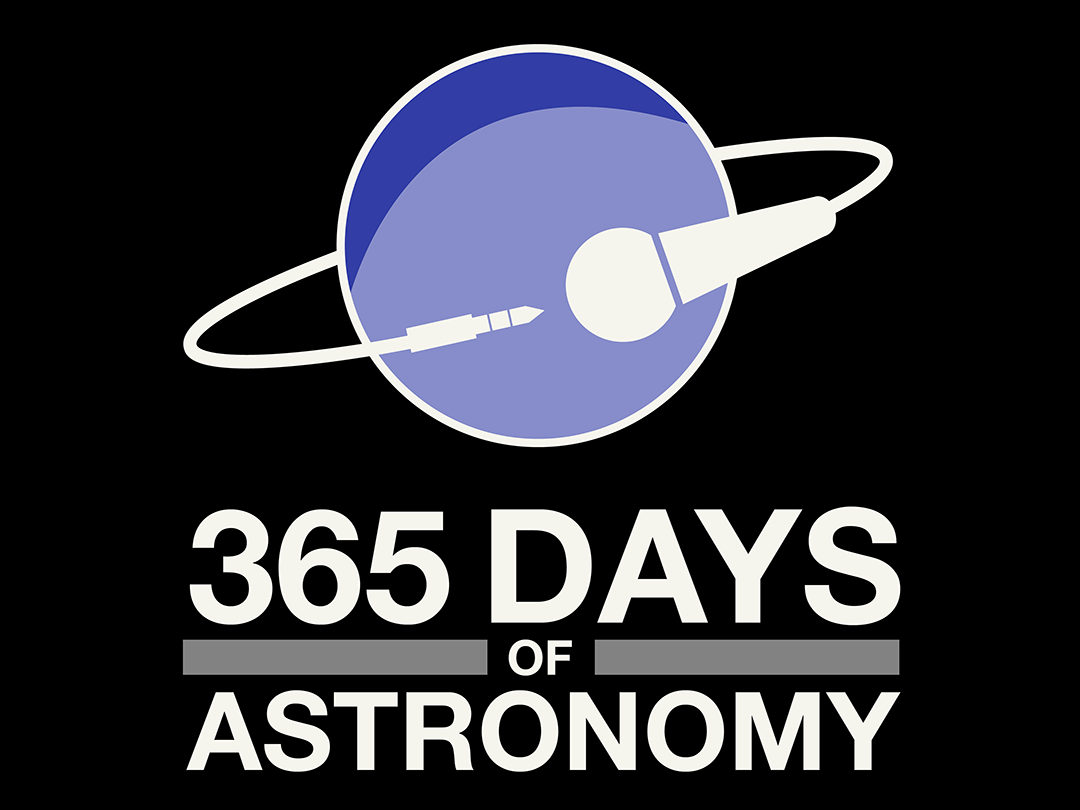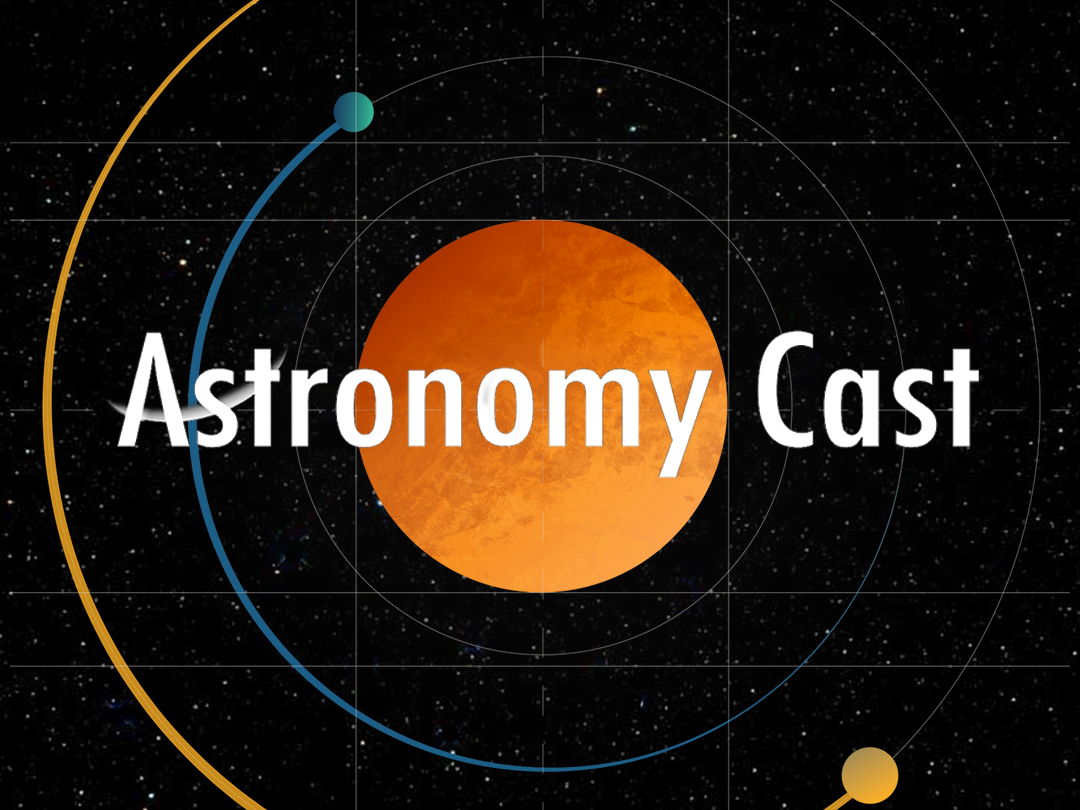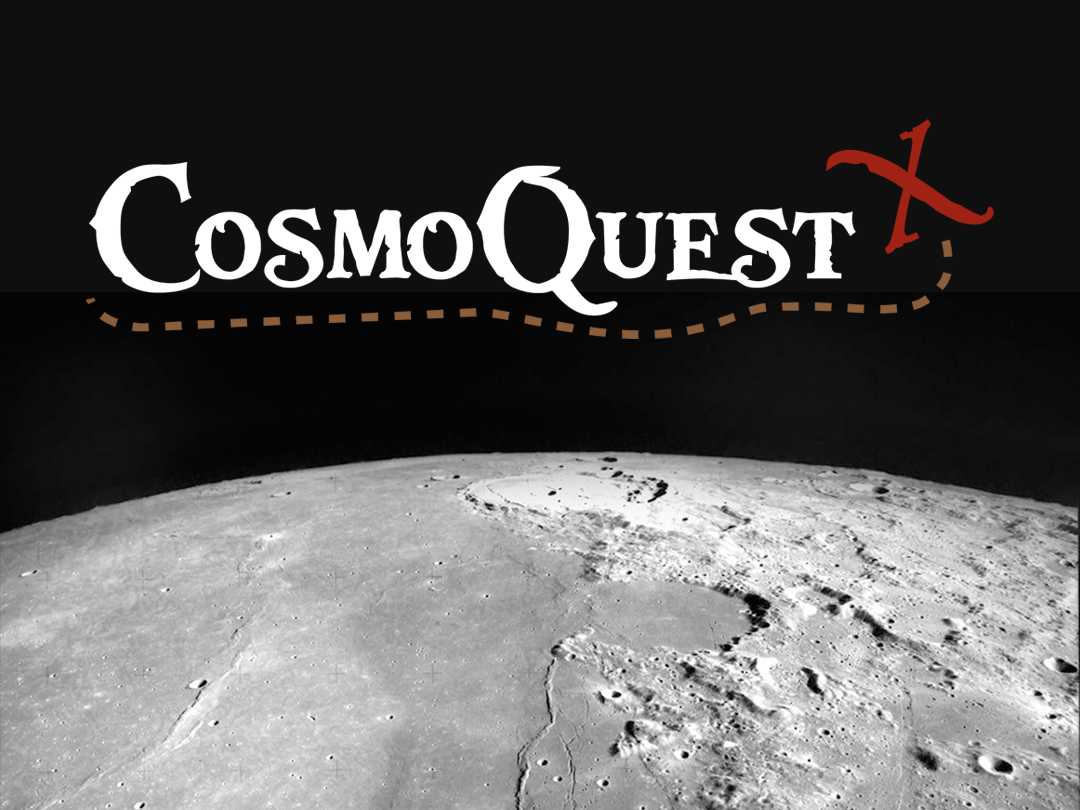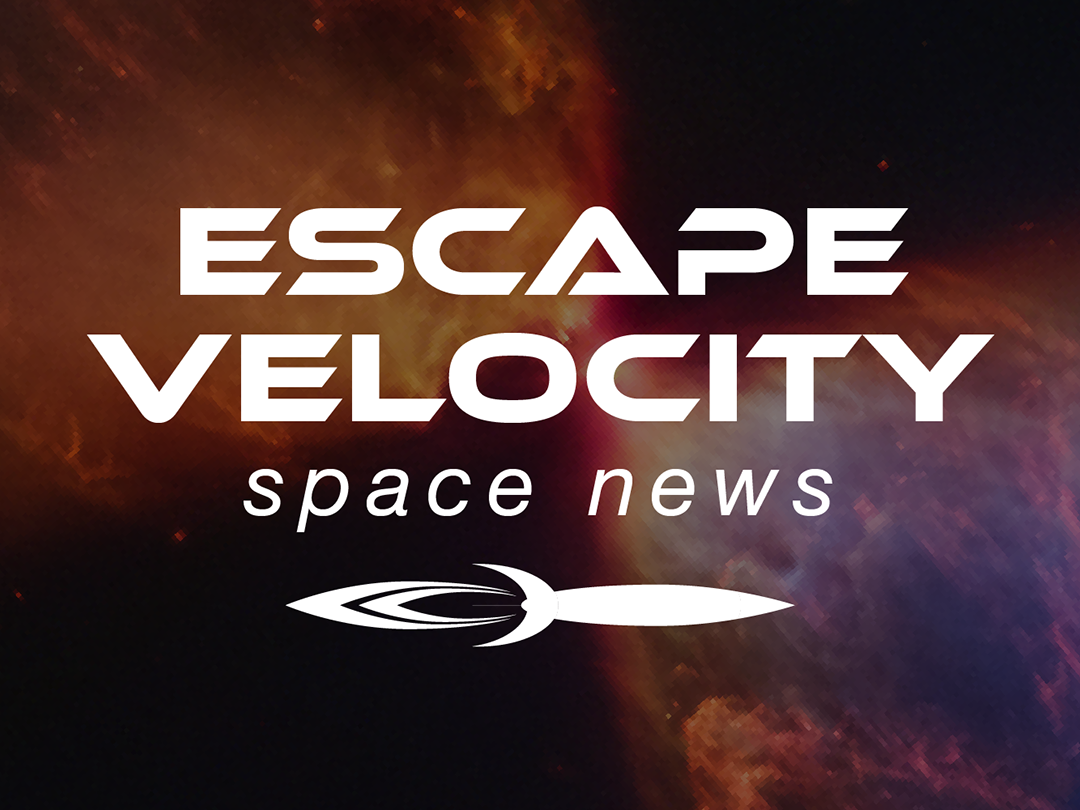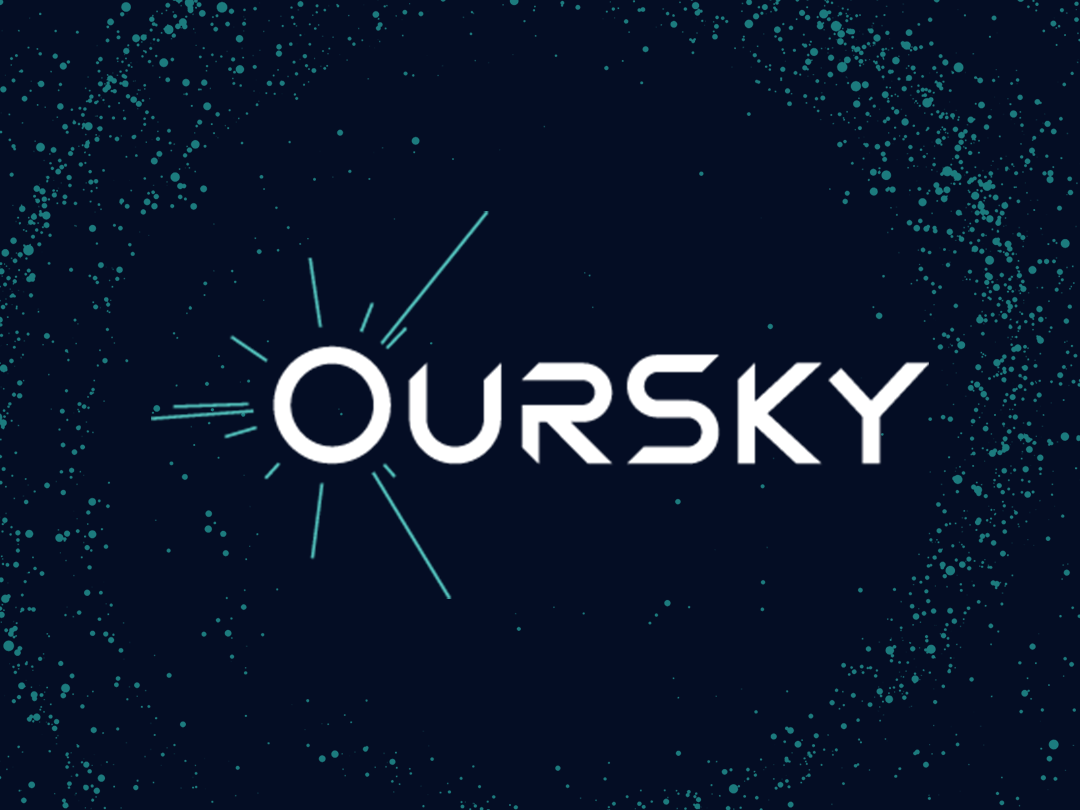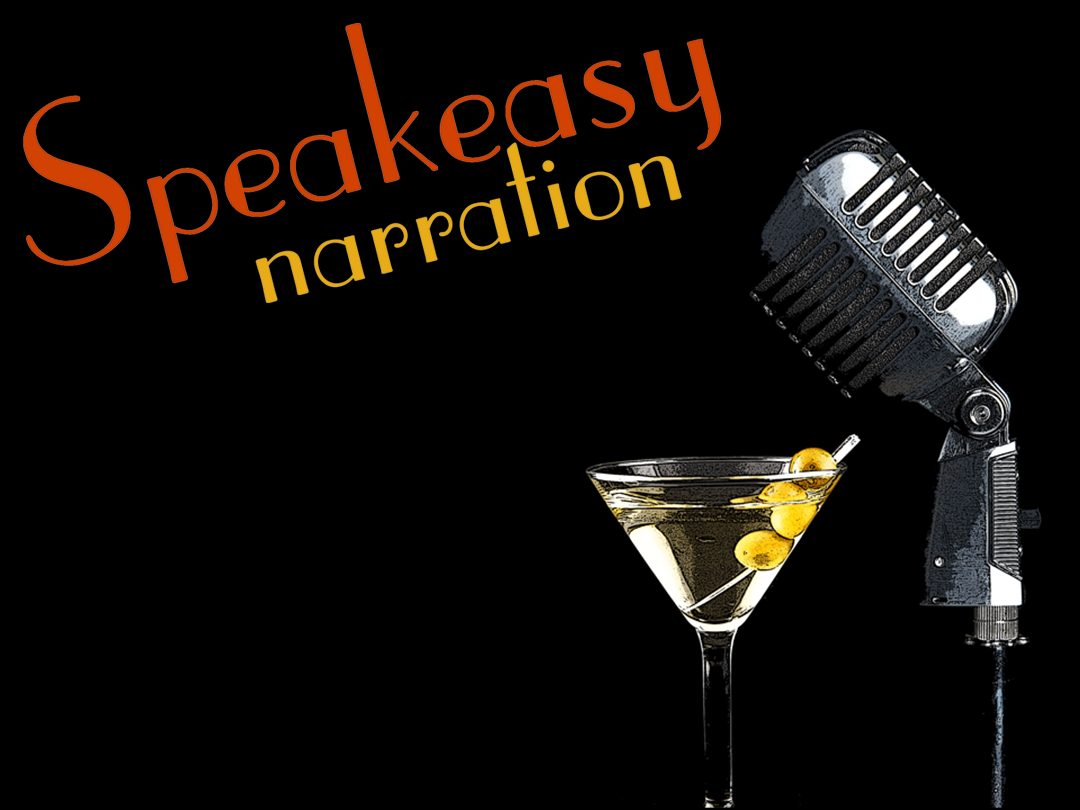” For most of her career, Dr. Gay has been a strong advocate of citizen science, which increases the visibility and drums up interest in important scientific research among the public, as well as assists the researchers through volunteer efforts. “
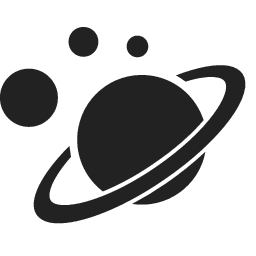 Science
Science
![]()
Sci Comm
![]()
Software
![]()
Art

Curriculum Vita
Need a conference speaker or show guest?
Need someone to science your audience? Want to learn more about astronomy’s latest discoveries, the role of everyday people in exploring our universe through citizen science, or someone to talk about how the astronomy advances at the speed of computing thanks to innovations in AI/ML, GPUs, and more? I am available for your IRL or virtual event. (View select past presentations here)
Latest Essays & Articles
Getting your Blog On
I found out via both The Astronomy Blog and Cosmic Variance that this is De-Lurker Week. Translation: If you’re listening, you are encouraged to say “hi” and wave from the comments section.
It’s a slow news week. It appears everything was saved up for the AAS meeting, and now the well of discoveries runs dry. Comet McNaught is the media wonder child of the moment, but from here in the way too cold mid-West, all I can say is “I see clouds.”
On a separate note, I was interviewed by Aaron Price of Slackapedia Galactica, and a former colleague from Slacker Astronomy. You can find the interview here.
AAS Epilogue: The After Hours Party
Building Community, One A** Grab at a time?
 Back in 2003, I attended the AAS for the first time as a member of the media. In this new role, for the first time in my life, I was one of the cool kids. I wasn’t quite sure how the transition happened, but I wasn’t going to question. One of the results of getting to run with the fast crowd was being invited to the AAS after-hours party. Now, truth be told, as much as I’ve heard the admonishment, “Be careful who you tell about the party,” I don’t know of anyone who is turned away as not cool enough. All I really know is some people are more aggressively invited than others, and that year, I was one of the people who was taped on the shoulder, handed a little card with directions, and told, “You really need to be there…”
Back in 2003, I attended the AAS for the first time as a member of the media. In this new role, for the first time in my life, I was one of the cool kids. I wasn’t quite sure how the transition happened, but I wasn’t going to question. One of the results of getting to run with the fast crowd was being invited to the AAS after-hours party. Now, truth be told, as much as I’ve heard the admonishment, “Be careful who you tell about the party,” I don’t know of anyone who is turned away as not cool enough. All I really know is some people are more aggressively invited than others, and that year, I was one of the people who was taped on the shoulder, handed a little card with directions, and told, “You really need to be there…”
Hosted by Gina, Jake, Emilie and Sara (forgive me if I missed someone), the unofficial after-hours party seeks to change the face of astronomy one cocktail at a time (see their website here.
Astrology vs String Theory
 The scientific method requires good scientific theories to build theories based on observations/experiments that make specific predictions about the outcomes of future observations/experiments. It’s okay if we don’t currently have the technology to make an observation. Theories are perfectly capable of sitting on shelves waiting to be proven right or wrong. What matters – what makes the theory science – is that the theory is eventually provable (or disprovable).
The scientific method requires good scientific theories to build theories based on observations/experiments that make specific predictions about the outcomes of future observations/experiments. It’s okay if we don’t currently have the technology to make an observation. Theories are perfectly capable of sitting on shelves waiting to be proven right or wrong. What matters – what makes the theory science – is that the theory is eventually provable (or disprovable).
So, how do I deal with string theory?
